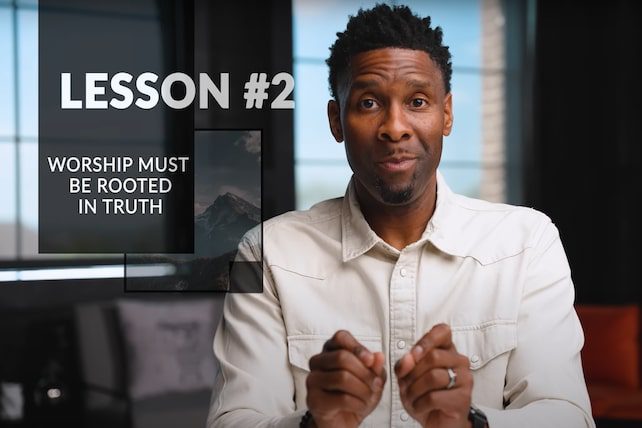Proverbs 3:15 remains one of the Bible’s most esteemed and frequently cited verses, heralded for its profound message and timeless wisdom. It declares, “She is more precious than rubies; nothing you desire can compare with her,” a verse that has garnered myriad interpretations over centuries.
While the direct reference of “she” in this passage might seem ambiguous, the overarching consensus aligns it with the intrinsic value of wisdom. This introductory piece will explore the varying facets of Proverbs 3:15, delving into its historical context, interpretations, and the enduring wisdom it conveys.
Meaning of Proverbs 3:15
At its core, Proverbs 3:15 extols the virtues of wisdom, presenting it as a treasure surpassing all material wealth. The metaphor of wisdom being “more precious than rubies” illustrates not only the rare and invaluable nature of wisdom but also its lasting significance beyond transient earthly treasures.
This verse implores the reader to evaluate what is truly valuable in life, suggesting that wisdom, with its ability to guide and protect, holds incomparable worth. The traditional interpretation aligns wisdom with divine insight, urging believers to prioritize spiritual enlightenment and understanding above all.
Interpretations and Representations
Interpretations of Proverbs 3:15 vary, each offering a unique perspective on what “she” represents. In a religious context, “she” is often seen as a personification of Jesus Christ or the Word of God, symbolizing the supreme value of spiritual relationship and divine truth.
Others perceive “she” as a metaphor for valuable entities in one’s life—be it a devoted partner, a loyal friend, or a nurturing family member—emphasizing the universal search for love and connection. This verse thus serves as a reflective mirror, revealing individual values and priorities.
RELATED: Praying for Wisdom
Comparative Analysis
The phrase “a good woman is worth more than rubies” echoes the sentiments of Proverbs 3:15, highlighting the irreplaceable worth of moral and virtuous individuals. This comparison underscores the Bible’s consistent theme: the unparalleled value of integrity, virtue, and wisdom over material wealth.
Analyzing this parallel allows for a deeper understanding of the biblical perspective on value, virtue, and the essence of a truly enriching life.
Biblical Perspective on Women
The Bible’s portrayal of a good woman, particularly in the context of Proverbs, encompasses traits of wisdom, virtue, and integrity, aligning closely with the attributes celebrated in Proverbs 3:15.
The concept of a “virtuous woman,” as elaborated in Proverbs 31, is not solely about moral excellence but also includes wisdom, strength, and compassion, reflecting the multifaceted value of women in biblical narratives.
Conclusion
Proverbs 3:15 encourages the pursuit of wisdom above all, asserting that true enlightenment and understanding are the greatest treasures one can aspire to. This reflection on wisdom’s value invites individuals to seek deeper meaning, understanding, and virtue in their lives, transcending the ephemeral allure of material gains.




























